Create your own Study Abroad opportunity, or go global as part of our Short-term, Faculty-led Courses.
Explore the World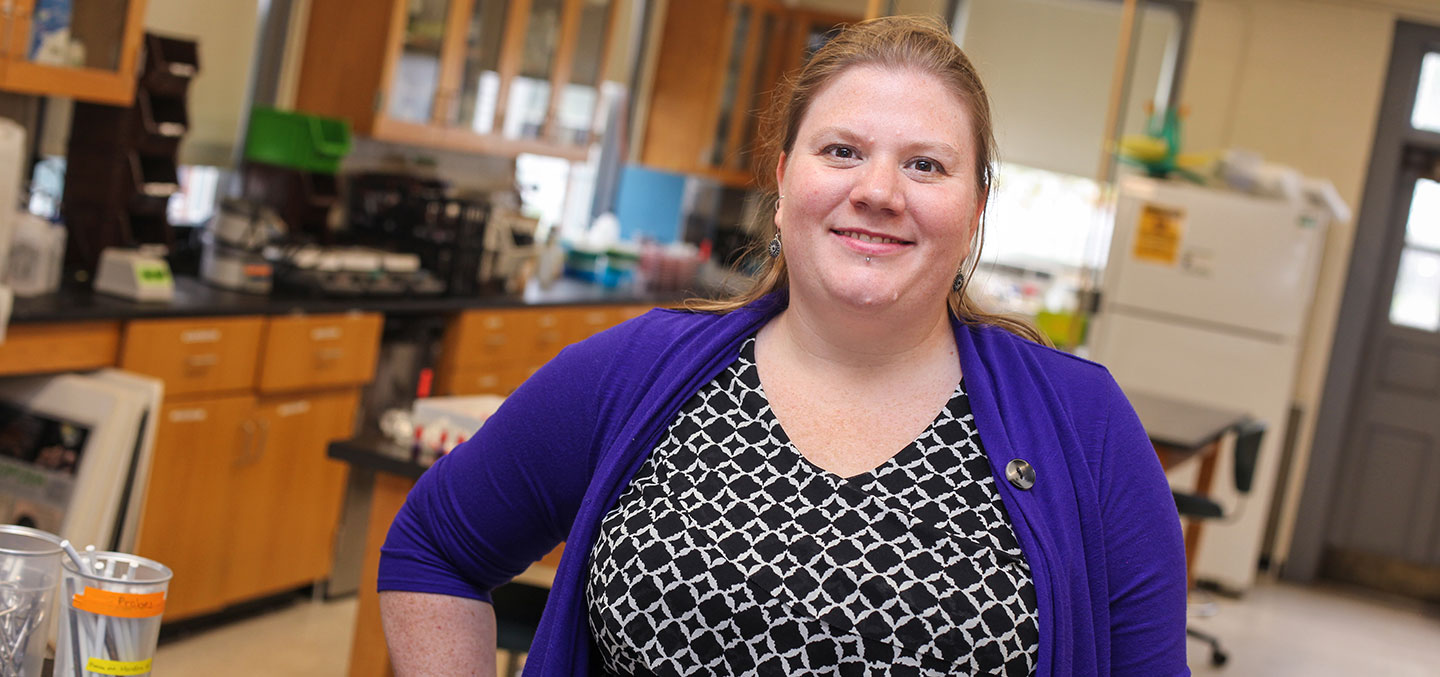
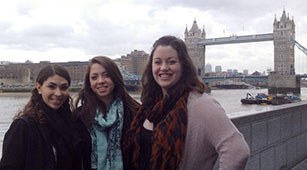
Create your own Study Abroad opportunity, or go global as part of our Short-term, Faculty-led Courses.
Explore the World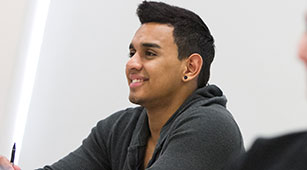
Take 7 minutes to find out how affordable Curry College can be
Merit Aid Calculator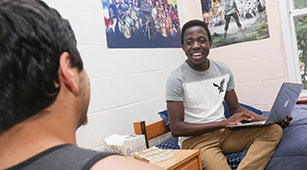
First-Year Living Learning Communities integrate classroom and residential experiences using a holistic approach.
Living & Learning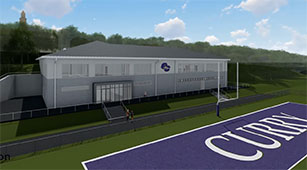
COMING SOON: State-of-the-art Athletic Field House at Walter M. Katz '89 Field
Virtual Tour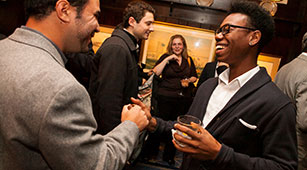
Join alumni, parents, and friends at the '21' Club on November 8 for the annual NYC Reception.
Learn More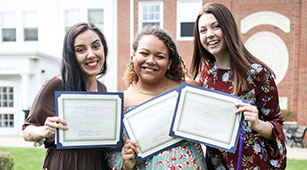
Our rich liberal arts tradition, sound career focus, and empowering and supportive environment prepare our students for success.
Academic Excellence
Dr. Elizabeth "Beth" Wade's fascination with research is something she is passing on to her Biology students at Curry College.
"I'm an entomologist and an evolutionary biologist which means I'm interested in the genetics of insects."
A typical day in Dr. Wade's classrooms could include going out into the field and collecting insects and seeing how they relate to other species or dissecting sheep hearts to learn about the cardiovascular system.
"We offer cutting-edge research opportunities for every Biology student and are increasingly offering these opportunities during their first year of study. Many institutions have research programs, but a limited number of students are able to take advantage of those opportunities. At Curry, we make sure every single student has a research experience that is publishable or one they could present at a conference."
Currently, Wade's research focuses on beneficial insects called green lacewings that are used in large-scale agriculture and greenhouse settings to combat pest species such as aphid populations. She and her students are sequencing the first green lacewing genome with colleagues at the University of Connecticut. In summer 2018, Wade plans to take several students on a trip around the U.S. collecting green lacewings. Students will host a population of the insects in the lab, rear them, and test how many of the larva eat aphids.
In Fall 2019, Biology students will have a new place to conduct such research in the Science and Integrated Learning Commons, a 36,500 state-of-the-art facility currently being built on campus. "In the new space, we will have designated faculty research space which will allow students to become much more integrated into our research programs. In addition, we're going to have renovated and larger lab spaces and innovative and active learning classrooms."
Wade closely follows trends in her field to ensure students' coursework positions them for the global workforce. In Spring 2018, she is introducing a bioinformatics class where students will learn how to analyze biological data using computer scripting and interfacing with
"Being a Biology major opens up more career paths with the idea that STEM jobs and careers are the future of America, certainly, and the more biology and science classes, the more computer and bioinformatics classes students take, the better off they are going to be for entering diverse careers in the STEM field."
Lorem ipsum dolor sit amet, consectetur adipiscing elit. Vivamus id velit est. Nulla eu egestas ante, quis accumsan enim. Cras at ultrices est, eu elementum est. Nam ut aliquet leo. Maecenas quis lacinia dui. Vivamus dignissim nunc sed cursus interdum. Suspendisse rhoncus eu urna et lacinia. Mauris lobortis at erat ac sollicitudin. Link Test